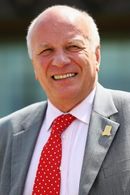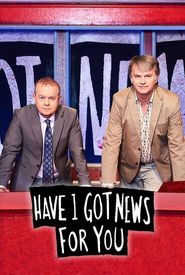Greg Dyke's educational journey began at Hayes Grammar School, where he laid the foundation for his future pursuits. He then pursued a degree in Politics from the University of York, a prestigious institution that would undoubtedly shape his worldview and equip him with the necessary skills for a successful career.
In 1977, Dyke made the transition from journalism to broadcasting, joining London Weekend Television (LWT) as a new recruit. He quickly rose through the ranks, becoming Editor-in-Chief of TV-am and Director of Programmes for Television South before being appointed Director of Programmes at LWT in 1987. This was followed by a stint as Managing Director from 1990 to 1991 and Chief Executive from 1991 to 1994.
Between 1995 and 1999, Dyke served as Chief Executive of Pearson Television, the largest independent production company outside of the United States. This experience undoubtedly honed his skills in the ever-evolving television industry.
In January 2000, Dyke was unexpectedly appointed Director-General of the British Broadcasting Corporation (BBC),succeeding the long-serving but controversial John Birt. Dyke's working-class background and lack of education from a traditional "public school" like Oxford or Cambridge made him an unconventional choice for the role. Nevertheless, he quickly won over the hearts of BBC staff with his down-to-earth approach and commitment to reversing some of the bureaucracy introduced by his predecessor.
Dyke was also determined to improve the ethnic diversity of the BBC, famously describing the corporation as "hideously white" shortly after taking the reins. However, some critics accused him of failing to elevate the quality of the BBC's television output, with even a former Director-General, Alasdair Milne, criticizing the corporation's lack of innovation and its emphasis on cookery, gardening, and makeover programs.
Tragically, Dyke's tenure at the BBC came to an abrupt end in the midst of controversy surrounding the corporation's coverage of Operation Iraqi Freedom. The fallout from Andrew Gilligan's report, which suggested that the British Government had "sexed up" Iraq's military capability, ultimately led to Dyke's resignation, along with BBC Chairman Gavyn Davies. Despite this setback, Dyke's legacy as a pioneering figure in British broadcasting continues to be celebrated.

























